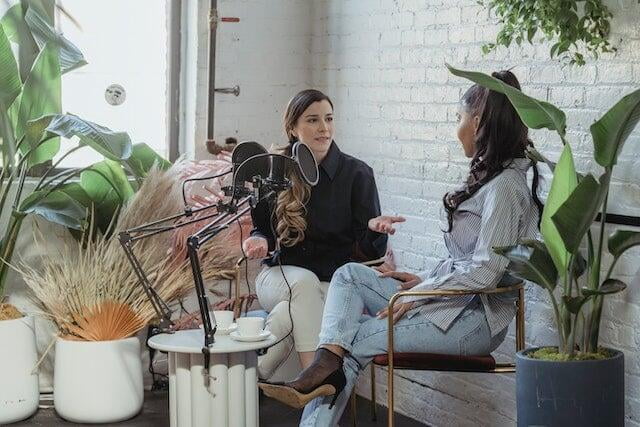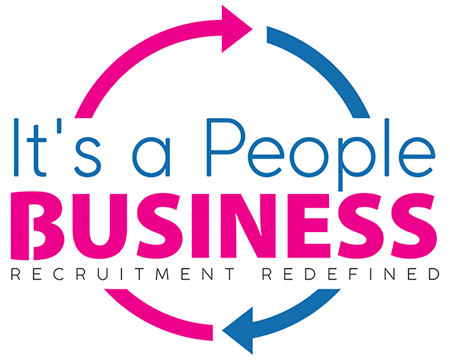
Introduction:
The purpose of this blog post is to discuss the advantages and disadvantages of different interview styles and help organizations determine which is best for their needs. When it comes to interviewing candidates for a job, there are several different approaches that organizations can take. Some common types of interview styles include one-on-one interviews, panel interviews, group interviews, and video interviews. Each of these approaches has its own set of advantages and disadvantages, and it is important for organizations to consider these when deciding which interview style is best for their needs.
In this post, we will explore the various types of interview styles and discuss the pros and cons of each. We will also provide some tips on how to evaluate the advantages and disadvantages of different interview styles and determine which is best for your organization. By understanding the pros and cons of different interview styles, you can make an informed decision and ensure that you are choosing the best approach for your organization.
Types of interview styles:
There are several different types of interview styles that organizations can use to evaluate candidates for a job. These include:
- One-on-one interviews: One-on-one interviews involve a candidate meeting with a single interviewer to discuss their skills and experience. These types of interviews are often used as a first step in the hiring process and are a good opportunity for the interviewer to get to know the candidate and assess their fit for the role.
- Panel interviews: Panel interviews involve a group of interviewers questioning a candidate at the same time. These types of interviews can be helpful for getting a well-rounded view of a candidate's skills and experience, but they can also be time-consuming and require more resources to coordinate.
- Group interviews: Group interviews involve a group of candidates being interviewed at the same time. These types of interviews are often used to assess a candidate's teamwork skills and ability to work well with others.
- Video interviews: Video interviews involve a candidate being interviewed via video conference software, such as Zoom or Skype. These types of interviews can be convenient for both the candidate and the interviewer, but they can also be more challenging in terms of establishing a personal connection and assessing nonverbal cues.
Advantages of different interview styles:
Each type of interview style has its own set of advantages that organizations can consider when deciding which is best for their needs. Some advantages of different interview styles include:
- One-on-one interviews: One-on-one interviews allow for a deeper understanding of a candidate's skills and experience. These types of interviews also provide the opportunity for the interviewer to get to know the candidate on a personal level and assess their fit for the role (CareerBuilder, 2019).
- Panel interviews: Panel interviews provide a well-rounded view of a candidate's skills and experience, as multiple interviewers can ask questions and provide feedback. These types of interviews can also be helpful for assessing how a candidate performs under pressure (Novocall, 2022).
- Group interviews: Group interviews are a good way to assess a candidate's teamwork skills and ability to work well with others. These types of interviews can also be helpful for getting a sense of how a candidate handles group dynamics and handles themselves in a group setting (HBR, 2014).
- Video interviews: Video interviews are convenient for both the candidate and the interviewer, as they can be conducted remotely. These types of interviews can also be helpful for evaluating a candidate's communication skills and ability to adapt to new technologies (HBR, 2021).
Disadvantages of these interview styles
We looked at the advantages above, lets look at the disadvantages of the same Interview Styles. Here is a summary of some common interview styles and their potential drawbacks:
- One-on-one interviews: This is a traditional interview style in which a single interviewer meets with the job candidate to ask questions and assess their qualifications. One disadvantage of this style is that it can be more subjective, as the interviewer's personal biases may influence their evaluation of the candidate.
- Panel interviews: In a panel interview, the candidate meets with a group of interviewers, who may ask questions and assess the candidate's fit for the role. One disadvantage of this style is that it can be intimidating for the candidate, as they may feel overwhelmed by the number of people in the room.
- Group interviews: In a group interview, multiple candidates are interviewed together and may be asked to participate in group activities or discussions. One disadvantage of this style is that it can be difficult for the interviewer to assess individual candidates, as they may be influenced by the group dynamic.
- Video interviews: In a video interview, the candidate and interviewer communicate via video conferencing software, such as Skype or Zoom. One disadvantage of this style is that it can be difficult to maintain eye contact and to read nonverbal cues, which can make it harder to build a connection with the interviewer.
Conclusion
In summary, there are several different styles of interviews that organizations may use to evaluate job candidates, including one-on-one interviews, panel interviews, group interviews, telephone interviews, and video interviews. Each style has its own advantages and disadvantages, and it is important for organizations to carefully consider which method will be most effective for their needs and to provide appropriate training and support for interviewers to ensure that they are able to effectively evaluate candidates using the chosen method.
It is important for organizations to carefully consider which interview style will be most effective for their needs in order to get a complete picture of a candidate's qualifications and fit for the role. Consulting with a subject matter expert or HR professional can help organizations identify the best approach for their specific needs and goals
By working with a consultant or expert on interview styles, organizations can improve the effectiveness of their hiring process and make more informed decisions about which candidates are the best fit for the role.
